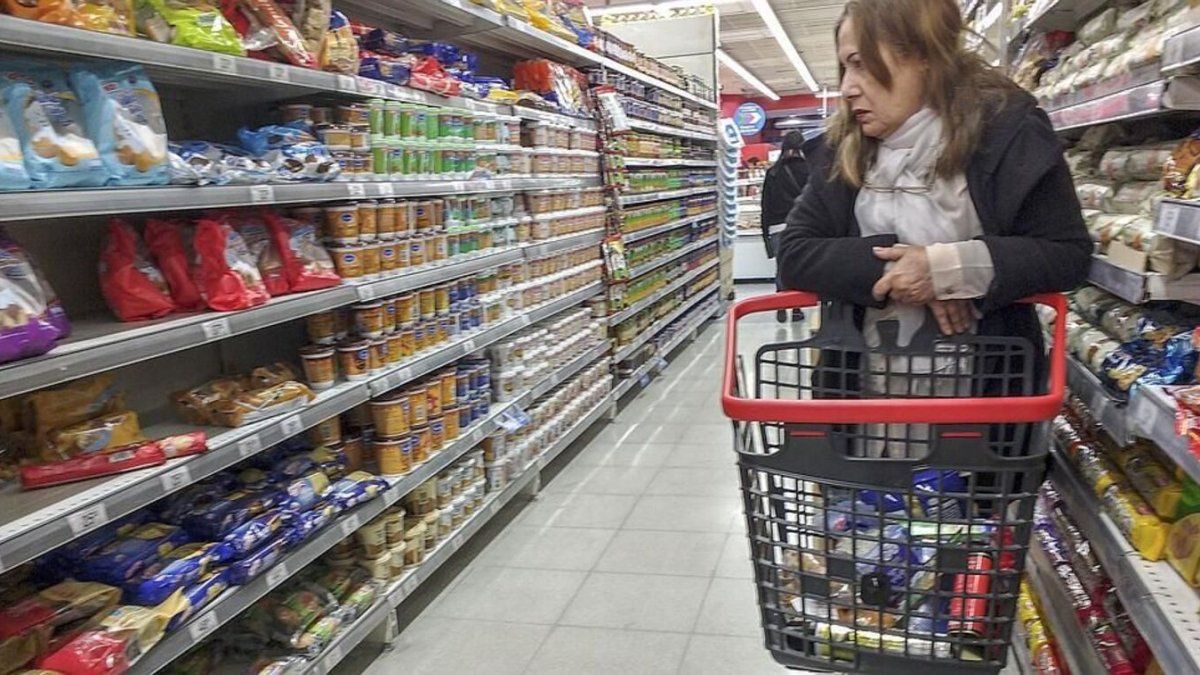Banks illegally concentrate in MODO
The MODO digital wallet, formed by a partnership between 36 banks, never notified or requested authorization from the CNDC to operate jointly. In this way, the banks are violating the competition defense law that requires notification of company agreements that affect competition.
In creating MODO, the banks are re-establishing the anti-competitive concentration that had been dismantled in the Prisma case, and once again, it is clear that their main motivation is to coordinate to hinder fintech companies at all costs using the same mechanisms of the past.
Cartelization is harmful to consumers
A cartel is an agreement between competing companies to stop competing with each other. The 36 banks that are part of the MODO wallet form a cartel to avoid competing with each other with their own digital wallets.
Instead of developing technology and generating better products, they decided to concentrate on MODO, which allows them to agree on their commercial strategies and avoid competition for the stores that affiliate with their promotions, and for the amounts of discounts or refunds they offer to consumers.
It is as if all supermarkets agreed to have a single supermarket brand to market products and set their promotions together so as not to compete with each other.
Practices to avoid competition from fintechs
In violation of the BCRA regulations, banks systematically block and set low and arbitrary limits on transfers from bank accounts (CBU) to fintech payment accounts (CVU), limiting the freedom of people who choose to manage their money and generate returns through a digital account.
In addition, banks share users’ banking information such as account balances and recent transactions in MODO, but they do not share this information with their fintech competitors and prevent other digital wallets from accessing their promotions.
free-market-cover.jpg
Mercado Libre Mexico’s investment of US$2.45 billion will be mainly destined to the development of solutions, technology and logistics.
In other countries, there are closed instant transfer systems in which several banks participate, such as Zelle in the United States. These systems are beneficial for users, because they allow them to do something they couldn’t do before. But they only serve to allow people to send and receive money immediately, something that has been possible in Argentina for years due to BCRA regulation. MODO does not do the same; it is not necessary to have MODO to make transfers in Argentina. MODO has another objective: to coordinate a commercial distribution channel to avoid competition between its participating banks.
While the investigation into the case that ended with the sale of Prisma marked a turning point in the development of payment methods, this new case is a step backwards in terms of competition. MODO’s 36 shareholder banks hold more than 80% of the total value of the financial system’s deposits, cards and accounts. Faced with the innovation of fintech and the progress in financial inclusion, the response of the banks was once again to form cartels, this time through MODO.
Source: Ambito
I am a 24-year-old writer and journalist who has been working in the news industry for the past two years. I write primarily about market news, so if you’re looking for insights into what’s going on in the stock market or economic indicators, you’ve come to the right place. I also dabble in writing articles on lifestyle trends and pop culture news.




